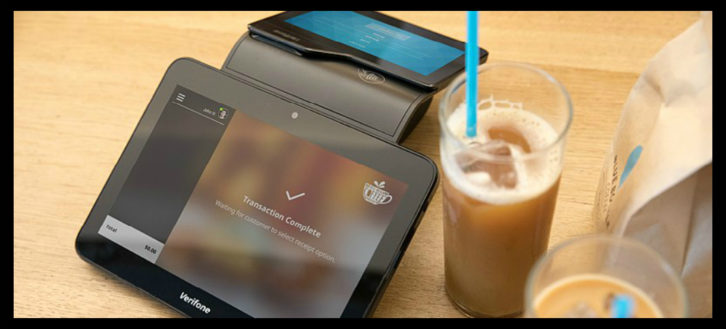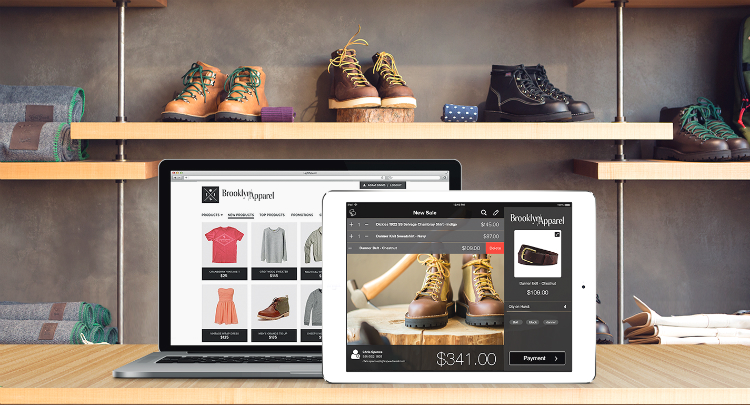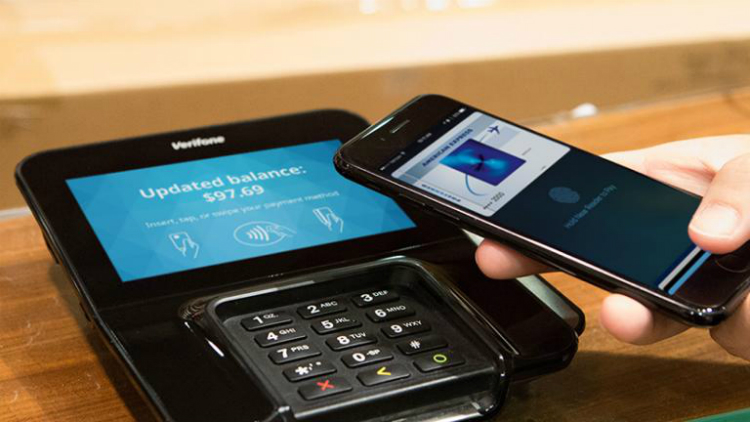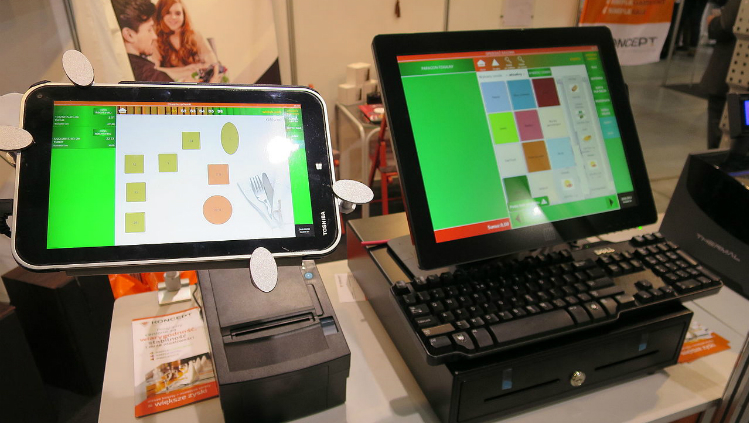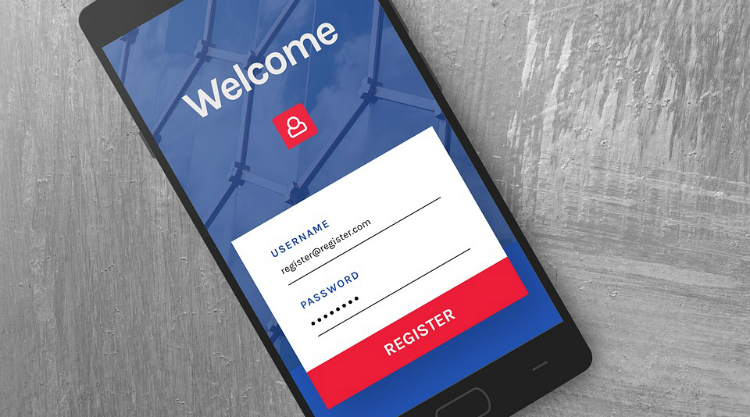In a highly competitive market, it is no secret that retailers need to run a ‘tight ship’ to ensure their company remains successful and functional. Running a tight ship can include any aspect from choosing the correct retail platform with systems to manage it by organizing suitable staff employment techniques. One of the most significant investments any retailer can make is their electronic point of sale system or EPOS.
In addition to performing the obvious tasks of handling payments, the modern electronic point of sale systems have become digital business management tools performing a plethora of tasks ranging from inventory management to building customer relationships. With so many options available, it is crucial that the retailer cut through the noise and understand tailoring of the EPOS to meet their company’s requirements. This article will provide five top tips on what to consider when choosing your first EPOS system.
The Data
A powerful EPOS system should be able to provide data required to make suitable decisions for the company according to PLM Global. On one hand, this means that inventory and stock monitoring will ensure investment in the most appropriate products at the best quantities; thereby, keeping the company running in a highly efficient and profitable manner.
On the other hand, the EPOS system can use data to learn more about the company’s clients. The data used can range from customer general behavior to the smallest detail of the client’s personal shopping preferences. By building a personalized shopping experience, your company will be able to increase EPOS data on client preference and build relationships with existing or potential customers. Client relationships are essential to build and enjoy stellar shopping experiences with brand loyalty.
The Scalability
The implementation of an EPOS system in a business is a long-term investment and you should consider the longevity of the investment. Choosing the cheapest system available, while tempting, can result in higher costs overall as the business expands. The EPOS system needs to be able to scale up and develop with the business as it grows. This may take form in the registering of additional locations, integration of more complex reporting features, or addition of third-party tech to the EPOS system. By having a flexible and scalable system, you will be able to reduce feelings of frustration and save money in the future.
Ease Of Use And Support
When choosing the first EPOS system for your business, it is important to consider that complexity does not mean the system is difficult to use. EPOS systems mediate the relationships between the two most significant parties in a company’s success: the customers and the business’ staff. This means that the system needs to be fast and intuitive ensuring a seamless interaction between the parties.
On the other hand, for those instances when things do not go as smoothly as desired, the correct form of support is required. The EPOS provider needs to be available at all times from point of purchase onwards. Moreover, this means further training should be provided to the company’s staff with refresher sessions and other training resources. Easily-accessible technical support is essential with a line of support contact being available at all times.
Online And Offline Integration
Regardless of the migration to a digital realm, one aspect remains certain and this is that people still enjoy seeing and touching the items they want to purchase. This presents a challenge for retailers to maintain a brick-and-mortar store with an online shop to meet the client’s demands. Omni-channel services are a beneficial method of integrating both online and offline platforms into a single system keeping track of all purchase with stock numbers while still maintaining the brand consistency.
Cloud And Mobile Features
Mobility is a crucial feature for retailers and helps the business remain adaptable and nimble. The first EPOS system needs to be able to keep up with these factors. For management, a cloud-based EPOS system is beneficial because it ensures access to data with the ability to operate safely away from the company at any time.
For staff, however, the EPOS system capable of operating on mobile devices can be invaluable. It is able to shorten a client’s waiting time and improve the staff member’s ability to provide quick services.

